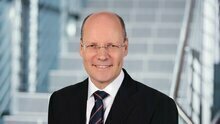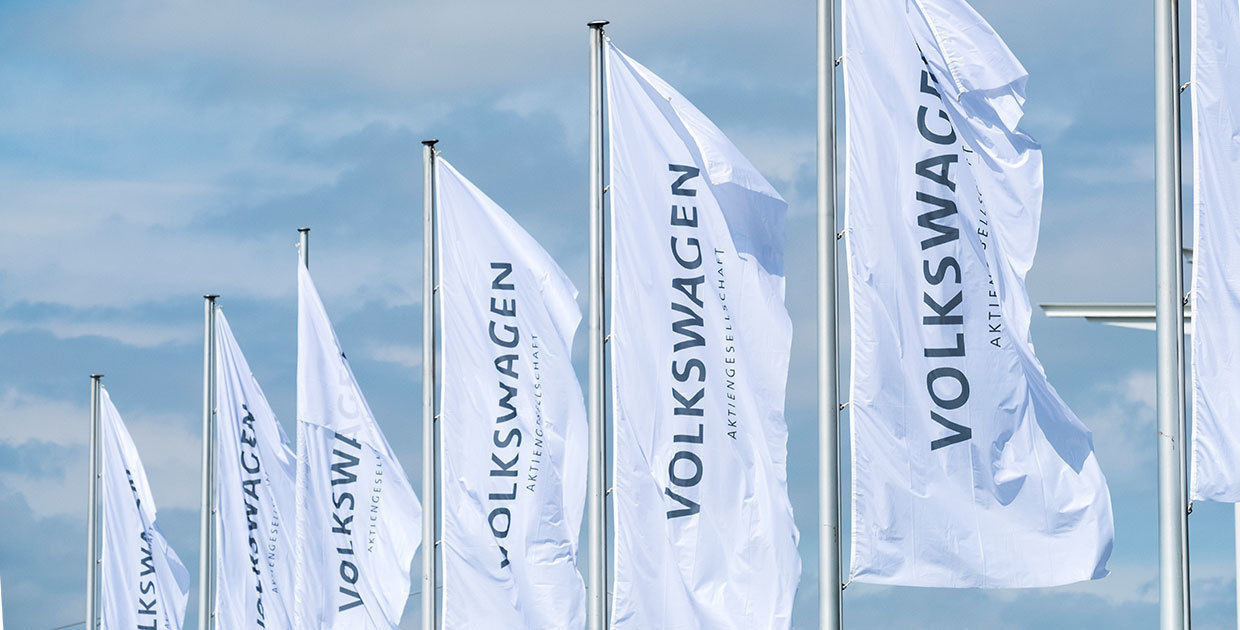The Group introduced a sustainability rating for direct suppliers one year ago, and a comprehensive system developed by RCS Global now also tracks adherence to sustainability criteria at sub-suppliers, refineries, smelters, mines and recyclers. New guidelines for improvements issued to suppliers make an active contribution to achieving improvements when risks and shortcomings are identified. Serious audit violations may even lead to the disqualification of suppliers from the supply chain. That applies, for example, to small-scale mining operators when child labor cannot be ruled out. The approach builds on the Due Diligence Guidelines of the Organization for Economic Co-operation and Development (OECD).
Under the cooperation with RCS Global it has already been possible to identify 134 sub-suppliers and 18 mines in the Volkswagen Group’s battery supply chains, and the majority have already been audited. The expanded partnership has also enabled the development of due diligence measures for each type of relevant raw material by means of a comprehensive management system, despite the large number of companies in the supply chains.
“The cooperation with RCS Global helps us to better understand which raw material sources and suppliers are in our supply chain and to measure their responsibility performance. In direct contact with our sub-suppliers, we can better explain and monitor our expectations of responsible sourcing and better follow up on agreed measures following our sustainability audits,” says Ullrich Gereke, Head of Procurement Strategy.
Dr. Nicholas Garrett, CEO of RCS Global Group, says: “The expansion of our partnership with the Volkswagen Group, one of the world's leading manufacturers of automobiles and commercial vehicles, demonstrates the positive impact corporations can achieve when acting decisively in support of responsible sourcing. RCS Global is the key responsible sourcing partner to industry in the rapidly expanding EV battery supply chain. Our partnership is another important milestone in our impact-driven journey.”
Volkswagen is convinced that a sustainable supplier network is a guarantee for long-term corporate success – above all in respect of e-mobility. The Volkswagen Group’s corporate guidelines expressly prohibit any form of child labor or forced labor in the extraction of raw materials such as cobalt, and these guidelines are constantly being strengthened, for example with the sustainability rating and, most recently, the closer cooperation with RCS Global.
Sustainability is a crucial factor in the production of all Volkswagen models. In addition, the ID.3 and the ID.4 are produced with a neutral CO2 balance and handed over to customers with a carbon-neutral footprint. All outsourced electricity delivered to the Zwickau factory, Europe’s largest and most efficient electric car plant and the production location for both ID. models, is 100% green power. The plant also operates a highly-efficient block-type thermal power station with combined heat and power generation. Production of the battery cells, purchased externally by Volkswagen, is inevitably energy-intensive. For that reason, Volkswagen has stipulated that its cell suppliers must exclusively use green power in their manufacturing processes.








